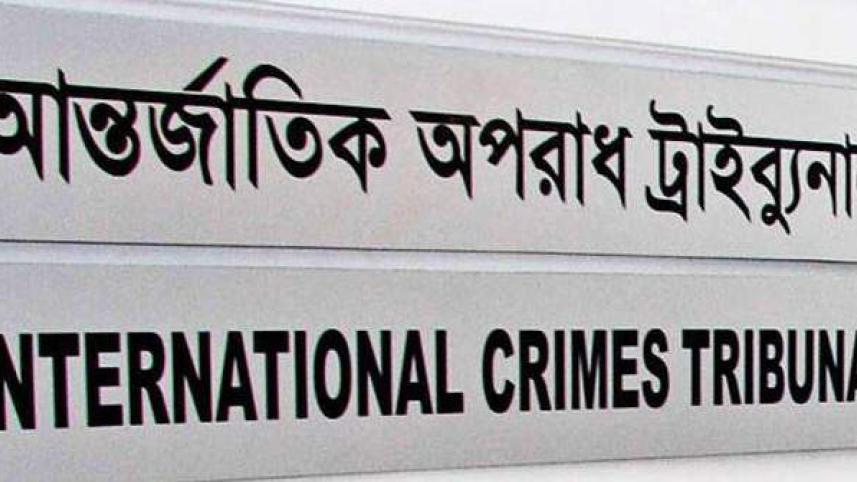Triumphs and hurdles on the road to justice

Although the government has had some success in ensuring justice, it has not taken any initiative to try Pakistani high command and anti-liberation organisations, which has frustrated justice seekers, including families of the victims and 30 lakh Liberation War martyrs.
Twelve years have passed since trial proceedings against crimes during the Liberation War began. Looking back, the government has had significant success in ensuring justice for the victims, after the formation of International Crimes Tribunal (ICT) 1 and 2, but has failed in some respects as well.
Trying war criminals was a vital electoral pledge of the Sheikh Hasina-led government. Two war-crime tribunals have so far delivered 44 verdicts, punishing 107 war criminals. Six of them have been executed, after the apex court affirmed their death penalty.
However, the Pakistani high command and anti-liberation organisations, which were directly involved in committing crimes during the Liberation War, could not be brought to justice.
The two tribunals have sentenced 72 war criminals to death and 35 to different terms of imprisonment, including life term, ICT Registrar Mesbahuddin Ahmed told The Daily Star yesterday.
He said 18 appeals, filed by convicted war criminals against ICT verdicts, are now pending with the Appellate Division of the Supreme Court.
Five convicted war criminals -- Ghulam Azam, Abdul Alim, Abdus Sattar Pyada, Syed Mohammad Qaisar and SM Yousuf Ali -- have died in custody, when their appeals were pending with the Appellate Division.
Since the last amendment to International Crimes (Tribunals) Act-1973 -- which has provisions for only putting individuals on trial -- in February 2013, the government has been saying that amendments would be made to facilitate trials of anti-liberation organisations.
The law ministry prepared a draft to amend the law in 2014, but over the last eight years, no visible steps have been taken to pass the amendment.
Eminent writer and war-crime researcher Shahriar Kabir told The Daily Star that although the government has had some success in ensuring justice, it has not taken any initiative to try Pakistani high command and anti-liberation organisations, which has frustrated justice seekers, including families of the victims and 30 lakh Liberation War martyrs.
It is possible to try Pakistani high command in absentia for its crimes against humanity, even if they do not respond to the trial notice. If this is done, the martyrs' souls and families will at least get some peace, he said.
The Appellate Division and ICT have not been hearing and disposing of war-crime cases for a long period due to the pandemic, he mentioned.
Shahriar said it is great that nearly 100 percent of war crimes, cases that have been disposed of so far, have been proven in trials.
Contacted recently, Law Minister Anisul Huq said it is a success of the Hasina-led government that masterminds and planners of 1971 crimes have been identified and brought to justice.
It must be kept in mind that war-crime perpetrators had been patronised and given shelter for 21 long years. Therefore, it has been difficult to bring all war criminals and anti-liberation forces to justice, he said, adding that the progress so far is satisfying.
The law minister reiterated that the government would take steps to try organisations involved in the crimes, in line with its electoral pledge. "I cannot, however, give a time-frame for finalising the amendment."
Replying to a question, the minister said the state will soon take steps so that the Appellate Division holds hearings on appeals in connection with war-crime cases.
The Awami League government formed the first International Crimes Tribunal (ICT-1) on March 25, 2010. The second tribunal (ICT-2) was formed on March 22, 2012, to expedite the trials.
ICT-1 has delivered 32 judgments on war-crime related cases from February 28, 2013 to November 24 last year, while ICT-2 has delivered 11 verdicts from January 21, 2013 to July 16, 2015, according to the information available on their websites.

 For all latest news, follow The Daily Star's Google News channel.
For all latest news, follow The Daily Star's Google News channel.